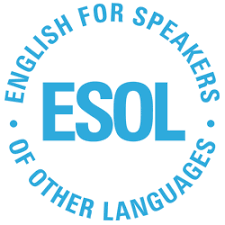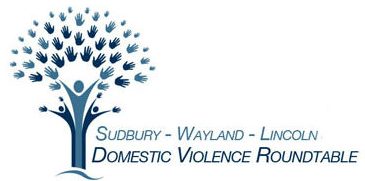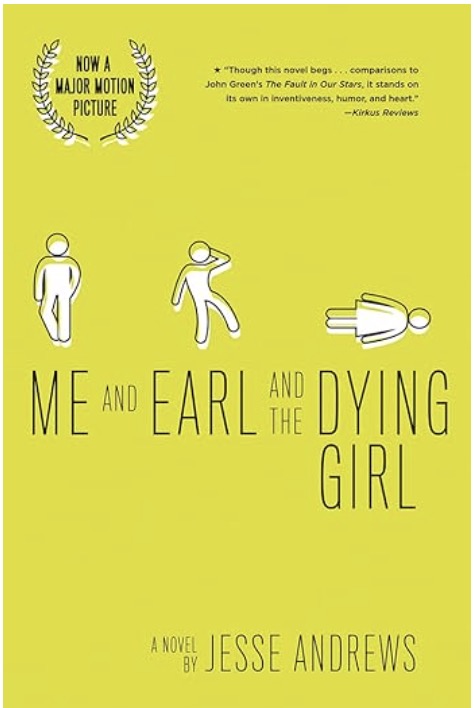
[Learn how to get involved in tutoring English online here]
When I signed up to teach adults English five years ago, I didn’t realize that I was also going to become a citizenship-producing machine. The program I joined, ESOL (English for Speakers of Other Languages), has been ably run out of the Wayland Library by Ginny Steel for many years, with dozens of trained tutors teaching many adults from Wayland and the surrounding communities how to speak, read and write English. That remains its primary mission, but I soon learned, with the four learners I was tutoring, that they had a somewhat different agenda: citizenship.
Those of us who have been American citizens our whole lives rarely think about how important it is, and for how many people all over the world it is a much wished-for goal. I learned that it was an important goal for my learners, and that to them, learning English was the first step on the path to acquiring citizenship.
My first tutee was a young Pakistani man, named Abdul. He spoke virtually no English when he arrived to live with his brother in Sudbury. I had been a high school teacher for nearly forty years and that, combined with the training that I had received, gave me a certain level of confidence, though I had never done this sort of teaching before. But now, I understood quickly, I was freed from all public school teaching constraints: there was no class time, no bells, no state mandates, no tests required, no grades. Anything I wanted to do to teach Abdul I was free to do. So, I improvised. I used some of the library materials, but I also took him to see the battlegrounds of Lexington and Concord. (And had him read the names on the monuments for practice). He wanted to learn some things, I wanted to teach him others, and we met somewhere halfway between these two poles. After about a year and a half, and because he was bright and already spoke several other languages, Abdul’s English was good enough for him to communicate in a variety of ways and in many different situations That is when he broke the news to me that he wanted to become an American citizen. I was, at first, surprised, but certainly was glad, because of the lack of constraints in our tutoring relationship, to go in that direction.
So it began. The BCIS (Bureau of Citizenship and Immigration Service), the Federal agency responsible for the citizenship process, tries to be very clear and helpful. There is a long application, which I helped Abdul to fill out, consisting primarily of background questions designed to prevent people from becoming citizens who have been involved in foreign wars or terrorist attacks. But the core of the process is a l00 question exam, administered orally. The questions are available in print, and also as flash cards from many different sources. The answers are provided for the questions. A person applying for citizenship must answer six out of l0 of these questions, selected randomly, to pass the exam. The questions range from the very easy, ‘what is the name of the ocean on the west coast of the US?’ to more difficult, ‘how many Constitutional Amendments are there?’
There are also short reading and writing sections, but these are not difficult or long. So, the path to citizenship, Abdul and I learned, is to go over and over the l00 questions and answers until he knew them very well This, we did and when we traveled to Lawrence, one of the two major testing sites, he had little difficulty passing the exam. A month or so later, my wife and I accompanied him to Worcester, where he, and many others, was sworn in as an American citizen.
After this experience, I was a veteran, so when I tutored Katya, a 65-year-old Ukrainian woman, and Luba, a 77-year-old Russian woman, and both wished to become citizens, I was not surprised but was prepared. We filled out the applications, reviewed the questions many times, and both passed.
My most recent student was a 36-year-old Ukrainian woman, Marina, whose English was clearly the best of the four. But she was informed of the date for her exam only l0 days before she was to take it. Being a Ukrainian university graduate, and very intelligent, she studied overtime and answered the questions quickly and successfully on her test day.
So, Abdul has joined the workforce, but I continue to teach Marina, Luba and Katya, and now all four are citizens, and are registered to vote in Massachusetts. They are very pleased with this outcome, and I derived a lot of satisfaction for having shepherded them through the citizenship process.
by Don Gould










